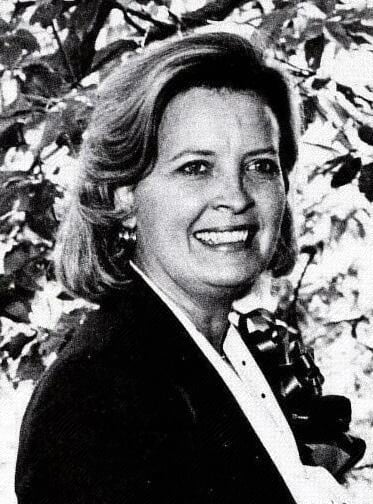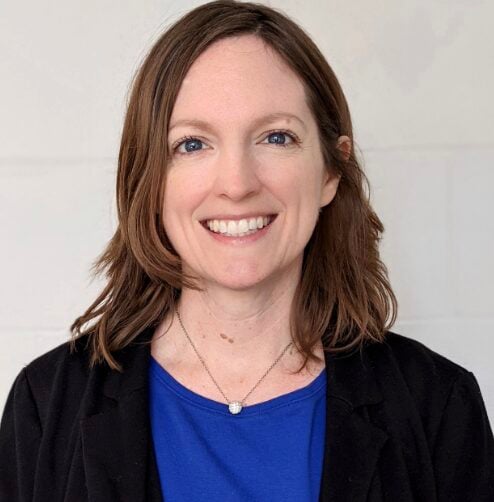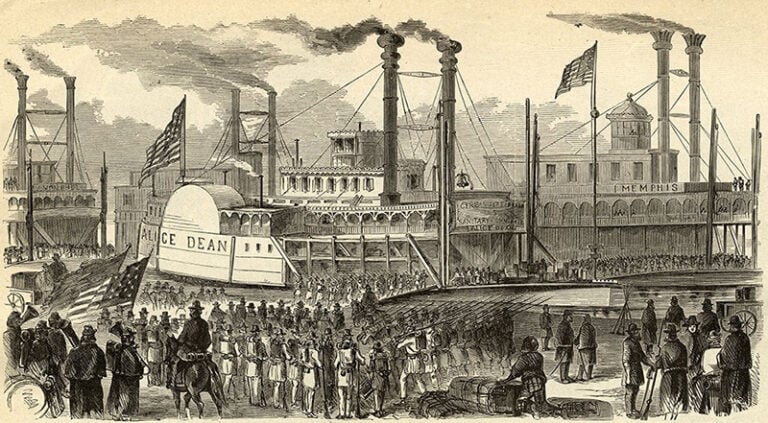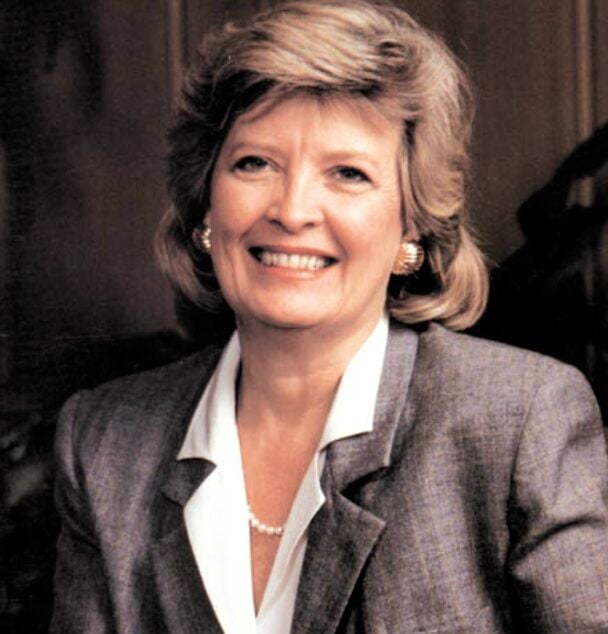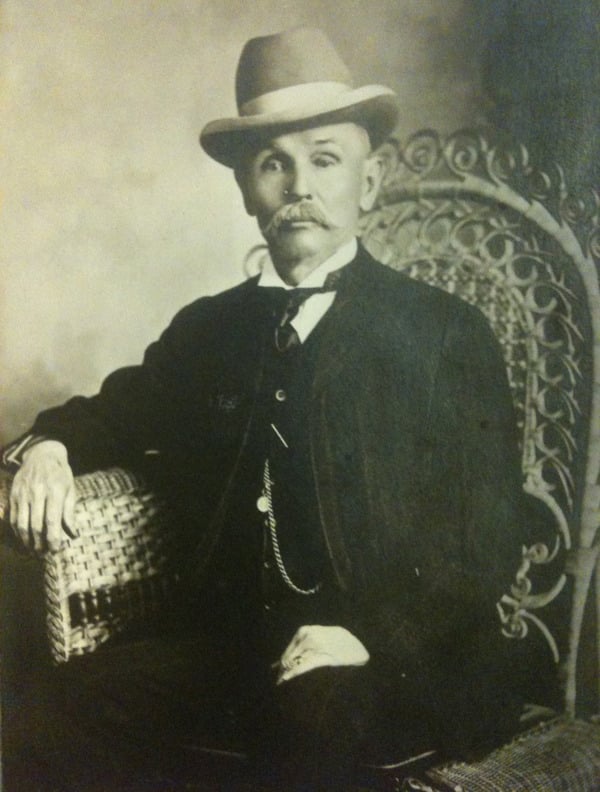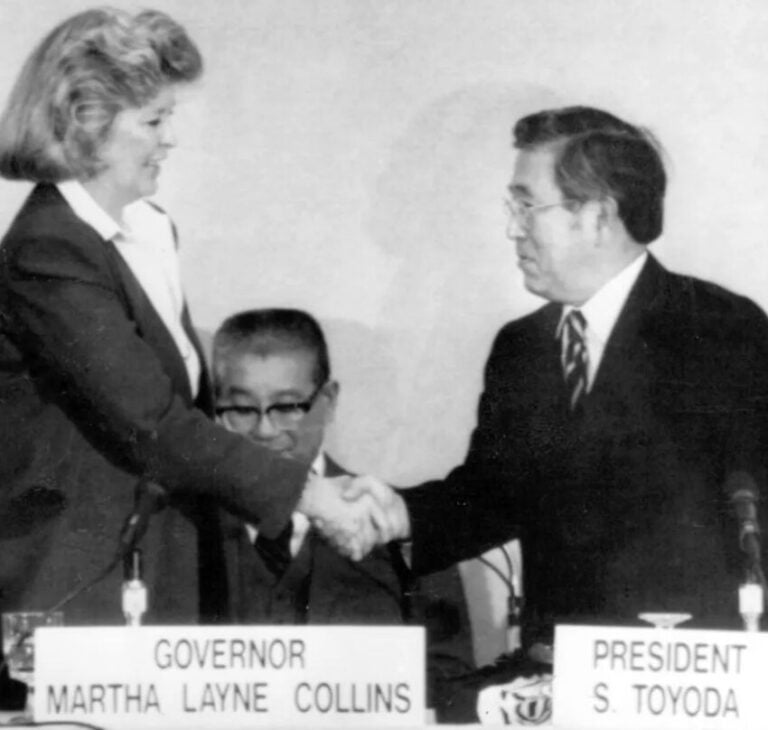By Jack Brammer
Kentucky Lantern
Martha Layne Collins, who as the only woman to serve as governor of Kentucky revolutionized the state’s economy by landing Toyota Motor Manufacturing, died at 3 a.m. Saturday, Nov. 1, in Lexington. She was 88.
Her husband, Dr. Bill Collins, said his wife died in her sleep at Richmond Place, a retirement community in Lexington where they have been living.
“I was with her. We had a lady for hospice, and caregivers came in and out. She died peacefully. She lived a remarkable life,” he said.

Her remarkable life began with her birth in Shelby County on Dec. 7, 1936. She served as governor from 1983 to 1987, when Kentucky governors were limited to one term. She was only the third woman in U.S. history to be elected governor of a state in her own right.
Collins was considered in 1984 for U.S. vice president as a running mate with Democratic presidential nominee Walter Mondale, who instead chose Geraldine Ferraro. That year Collins chaired the Democratic National Convention in San Francisco.
Collins was elected lieutenant governor in 1979 and served simultaneously with Democratic Gov. John Y. Brown Jr. Before that she had been elected clerk of the Court of Appeals when it was still the state’s highest court and its clerk an elected position.
Collins got off to a rocky start as governor but after the first two years racked up successes. She oversaw negotiations and an economic incentive package that brought Japanese automaker Toyota to Georgetown in 1986. The Kentucky manufacturing plant is Toyota’s largest and remains a major economic engine for the state.
A former public school teacher, Collins also successfully pushed for improvements in education. “Collins worked extensively throughout her term to build legislative interest and support for wide-ranging education reforms,” says a statement issued Saturday by the Prichard Committee for Academic Excellence. “A tough 1984 legislative session produced mandatory kindergarten, required testing and internships for teachers, and instituted academic takeovers for failing schools.”
In June 1985 she unveiled a package that raised teachers’ salaries by 5%, reduced class sizes, funded construction projects, provided aides in kindergarten classrooms and helped find more money for poorer school districts. She called a special session in July and the plan was approved along with an increase in corporate taxes.
“This nation’s economy is in transition,” Collins said at the time. “It is an economy increasingly built on technology and the human mind rather than strong backs and willing hands. Education is the key to this new economy. Education is Kentucky’s challenge.”
In 1986, Collins pushed an increase in higher education funding through the legislature and passed a pilot preschool program.
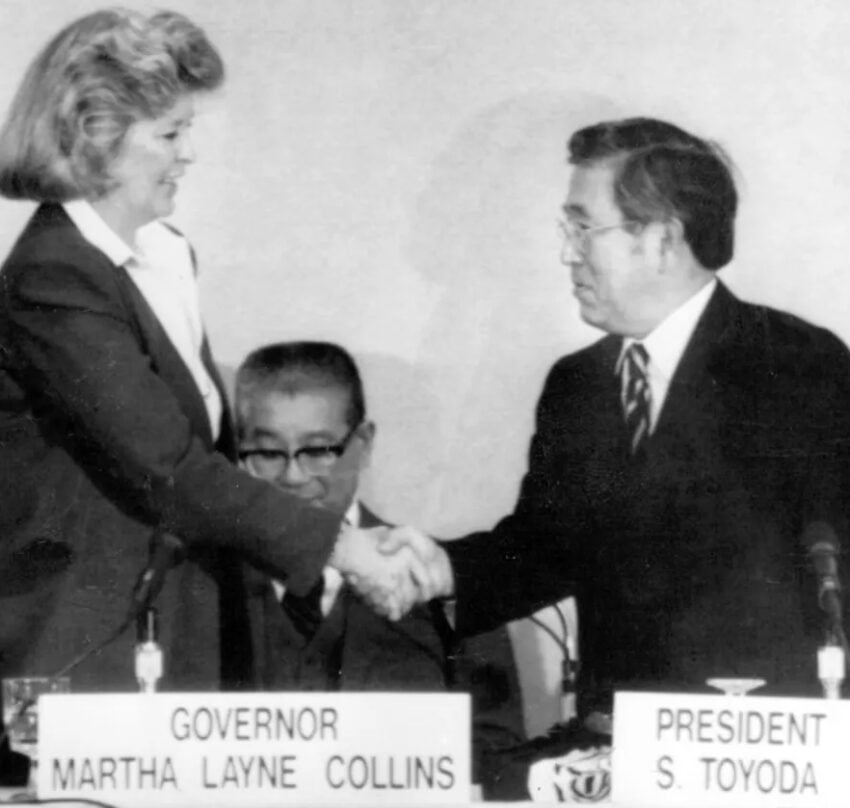
“In the education-focused atmosphere, a lawsuit challenging the state’s system of school finance was filed in 1985,” says the Prichard Committee statement. “It subsequently led to a landmark 1989 decision by the state Supreme Court that prompted the Kentucky Education Reform Act of 1990, which overhauled the state’s entire K-12 school system.
Collins, a longstanding member of the Prichard Committee, said in an oral history interview: “When I became governor, you have lots of priorities, but when I’d sit down and think about it, education always came back as the first thing you have to start with. It’s the key — that’s one thing no one can take away from you. That’s what you have to have in order have people work, to get revenues, to provide libraries and roads and everything. It all comes back to education. I feel like I made an impact in education and bringing in new jobs; I hope we made the people of Kentucky feel good about themselves.”
Prichard Committee President and CEO Brigitte Blom called Collins “a visionary leader whose steadfast commitment to education transformed opportunities for generations of Kentuckians. Her courage, grace and determination continue to inspire all of us who believe in the power of education to move our commonwealth forward.”
After leaving office, she was president of St. Catharine College in Springfield from 1990 to 1996 and later taught leadership classes at the Harvard Institute of Politics’ John F. Kenedy School of Government.
Dr. Collins said their children, Steve and Marla, will decide arrangements. Steve is director of Hall-Taylor Funeral Home in downtown Shelbyville, which his grandfather, Martha Layne’s father, Everett Hall, operated.
Jack Brammer wrote this story which first appeared in the Kentucky Lantern, a member of States Newsroom, the nation’s largest state-focused nonprofit news organization.












